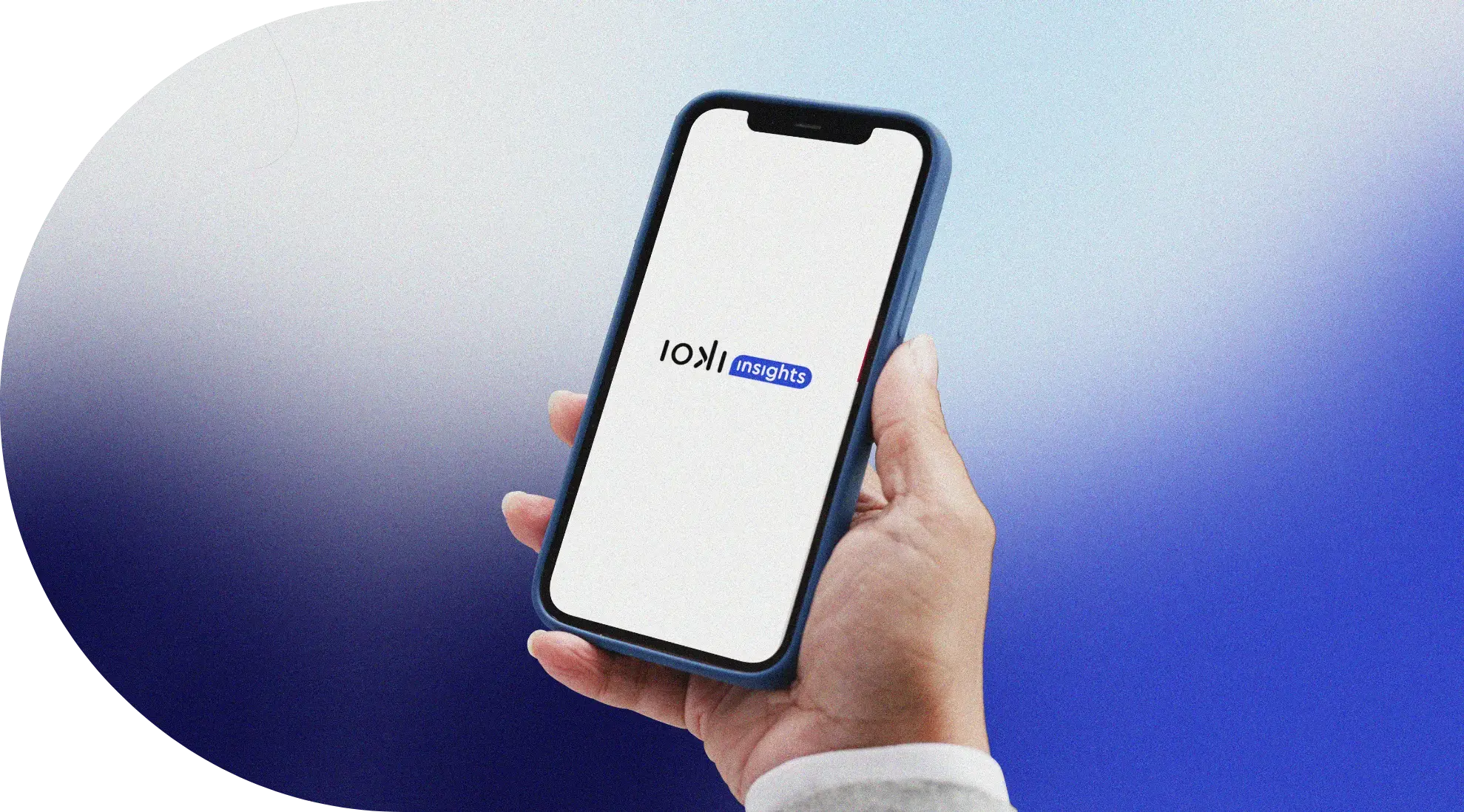Connecting places, moving people
Connecting places,
moving people
Your expert for digital mobility – data-based, efficient and demand-driven
Your expert for digital mobility –
data-based, efficient and demand-driven
From data-based mobility analysis and the digitalisation of mobility to operational implementation: together with our partners, we offer all services from a single source – driver-based and autonomous.
Our clients
Analysing & planning mobility services
ioki Analytics
With the help of our data-based mobility analyses and demand-orientated transport planning, we create an accurate image of the current mobility and service situation and thus optimise existing and new transport services.
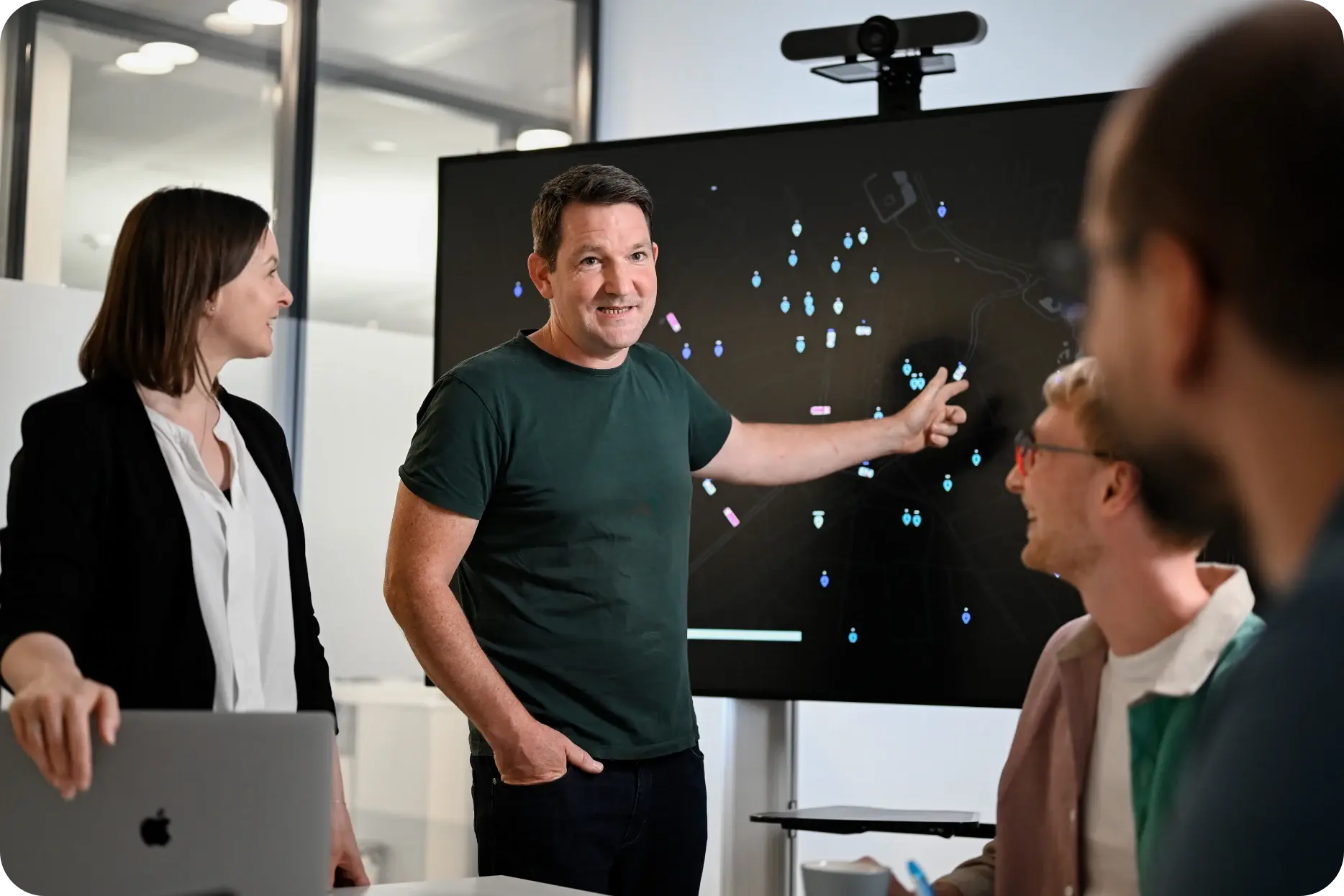
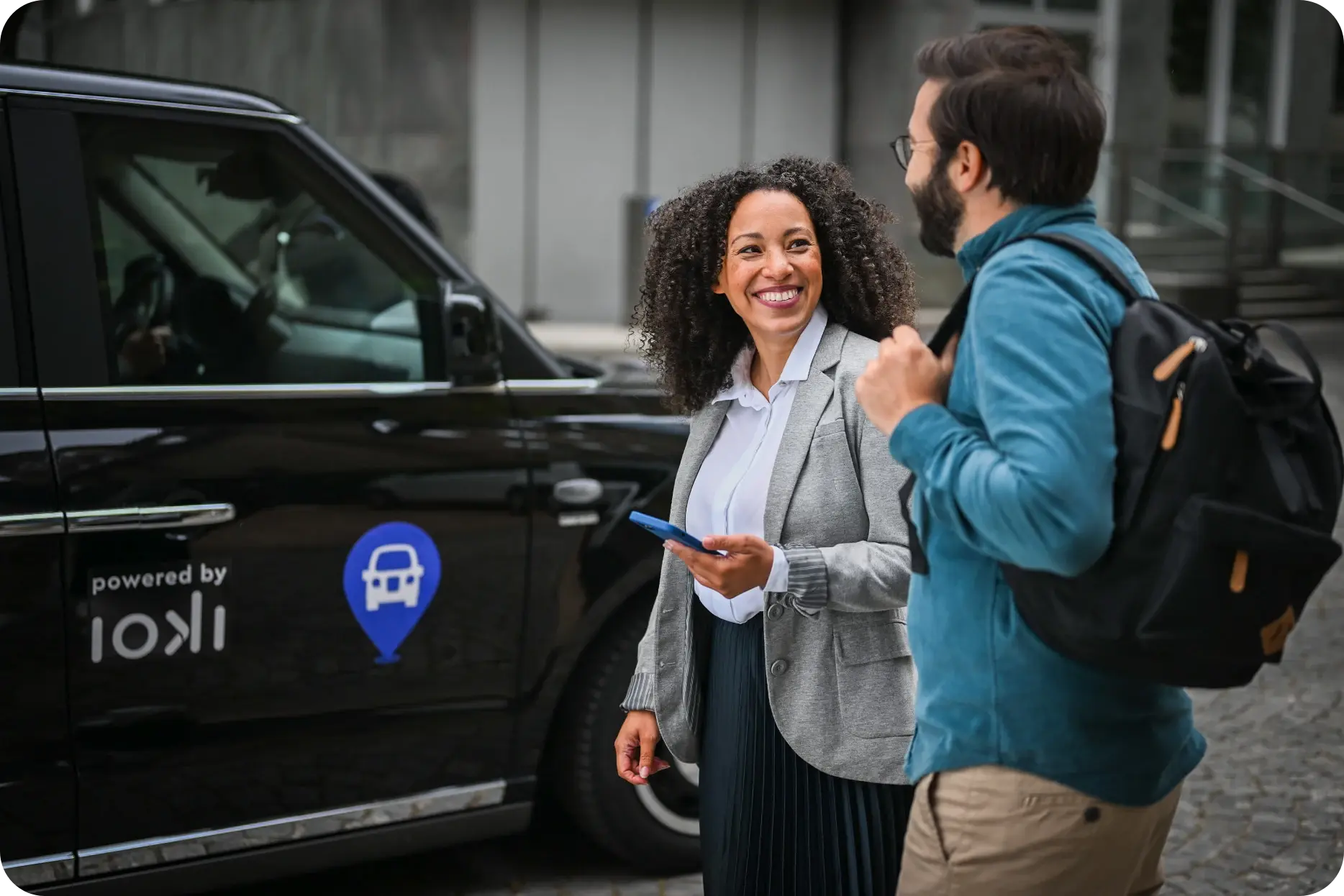
Digitising & optimising mobility services
ioki Platform
With our software for on-demand and scheduled services, we digitise and optimise existing public transport and new mobility services in a multimodal and cross-modal way.
Planning & navigating lines
ioki Route
Our flexible solution for route planning and navigation for scheduled buses and rail replacement services enables simple, customised and demand-orientated operation of bus lines.
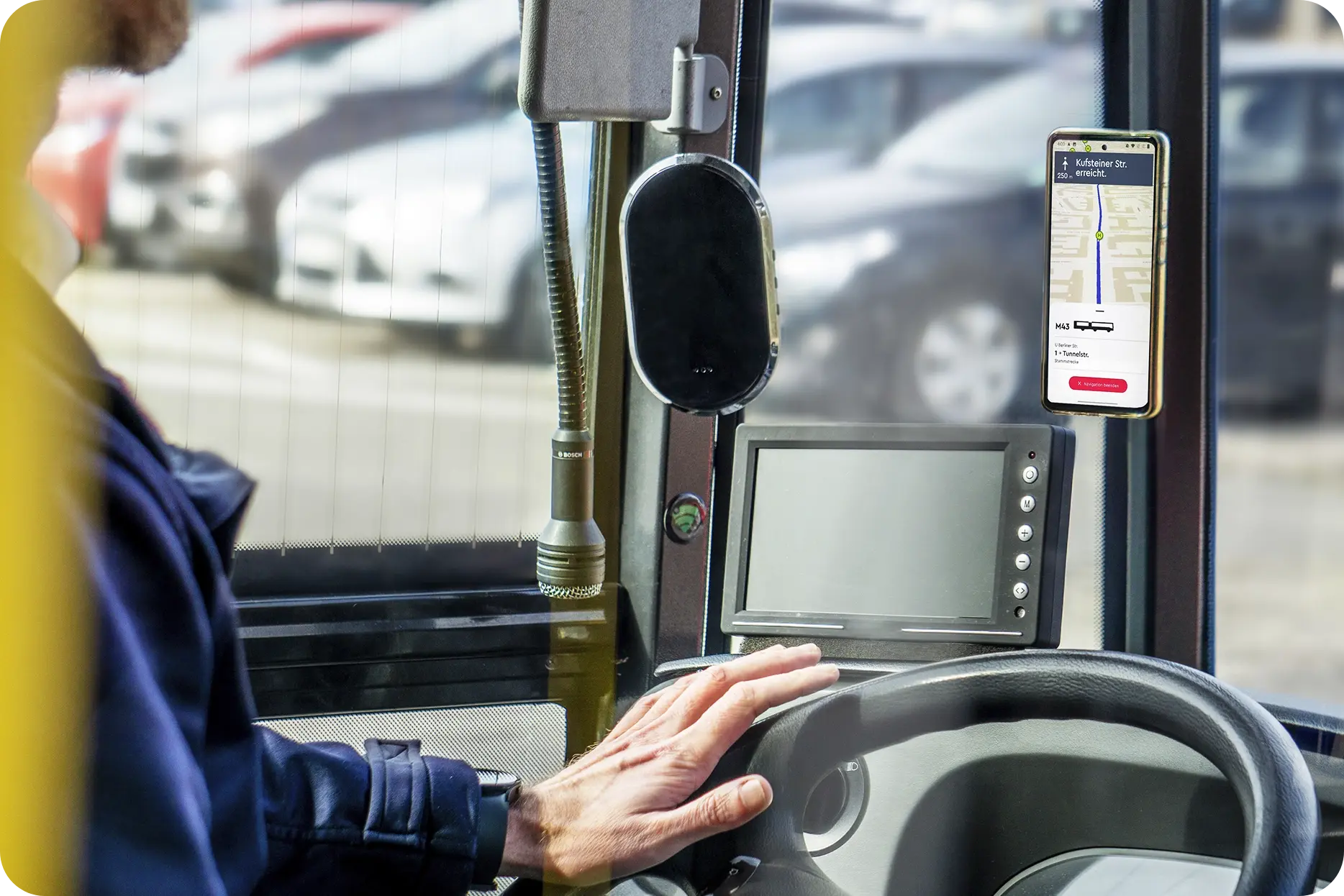
One system for all forms of transport
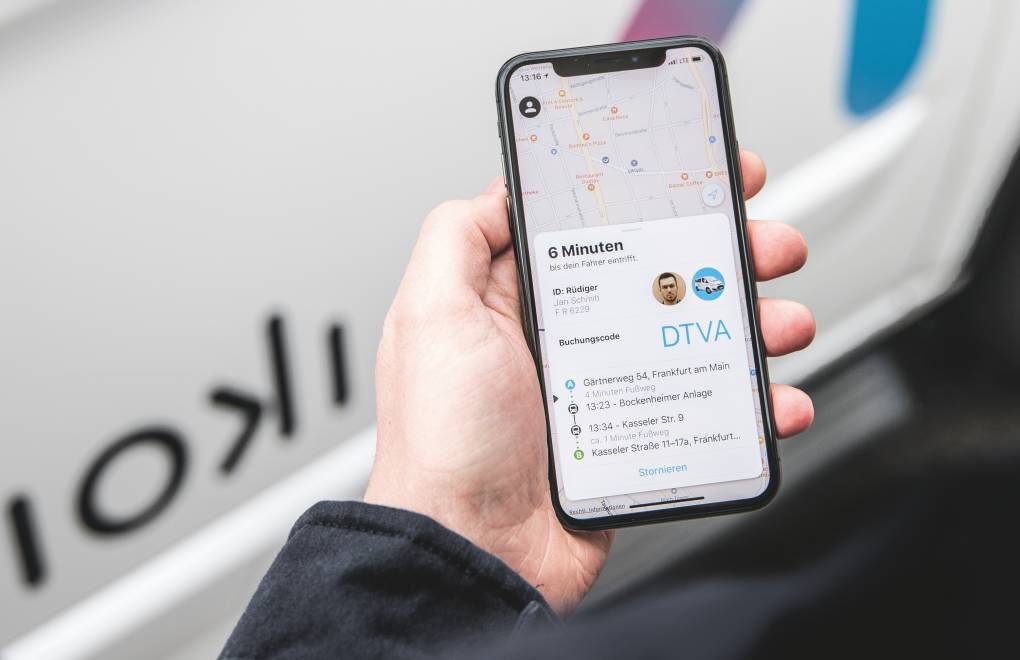
On-demand traffic
With the integration of on-demand solutions, we optimise existing transports via our operating system according to the demand and increase their efficiency.
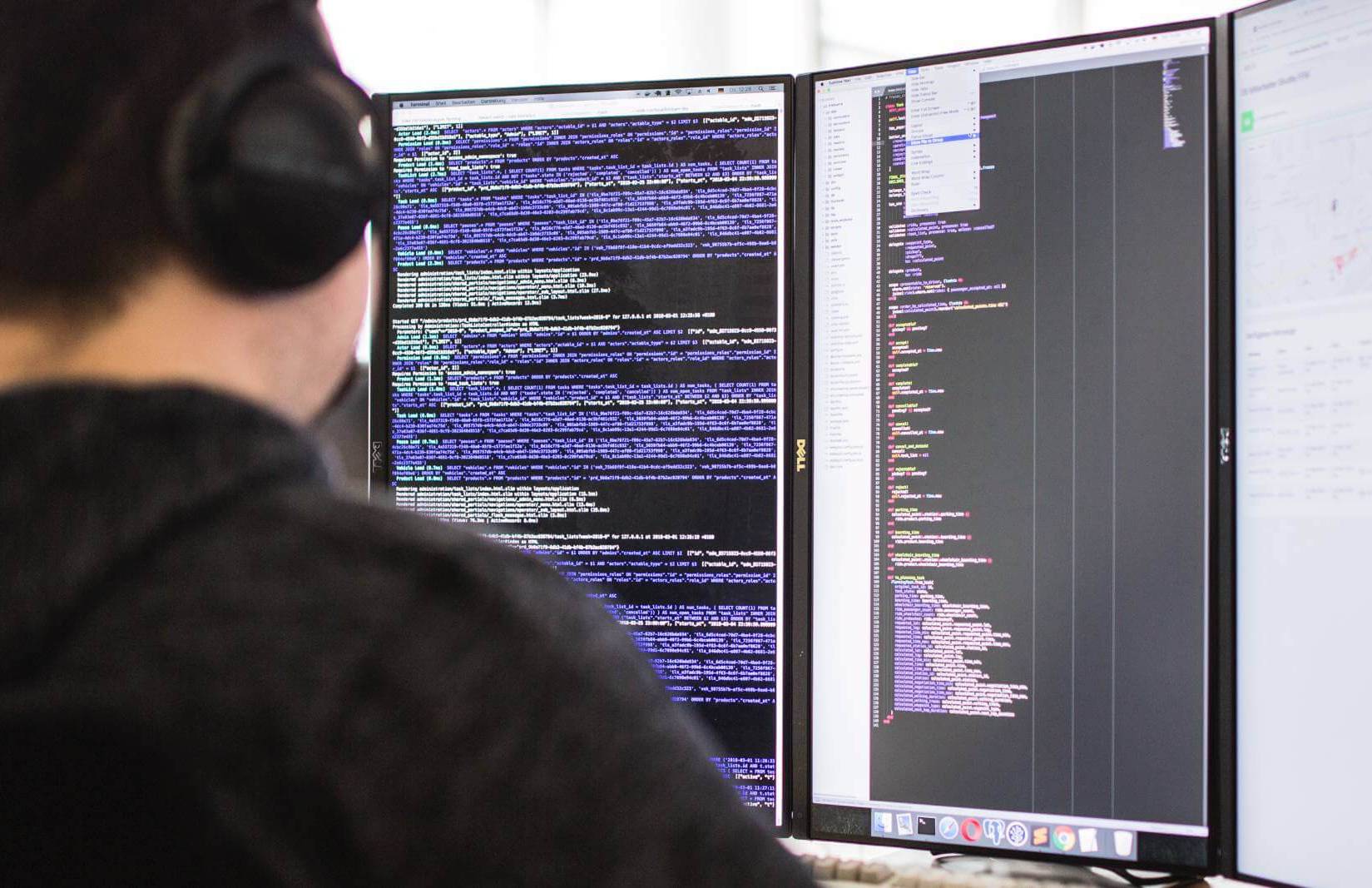
Line-based traffic
Traditional line-based services can also be digitised via our platform solution – for example, to monitor capacity utilisation in real time.

Mixed traffic
Our platform is as flexible and versatile as your traffic and is also suitable for the digitisation of mixed traffic.
Our experts are happy to assist
Laura Reupke
Start shaping the future of mobility of your existing transport or develop new ideas together with our experts. We look forward to hearing from you.
Mobility from Europe, for Europe
ioki is your partner for digital mobility solutions
Through our successful demand-responsive transport services and mobility analyses in now eleven countries, we are one of the leading platform providers for driver-based and autonomous on-demand solutions in Europe.
DRT services
Mobility analyses
Countries
Mobility for everyone
Jointly shaping the future
We know: collaboration is where the power lies. So, especially when it comes to implementation on the road, we work with established partners from the mobility industry to guarantee the seamless integration of your new offering everywhere and anytime.
News from the world of mobility
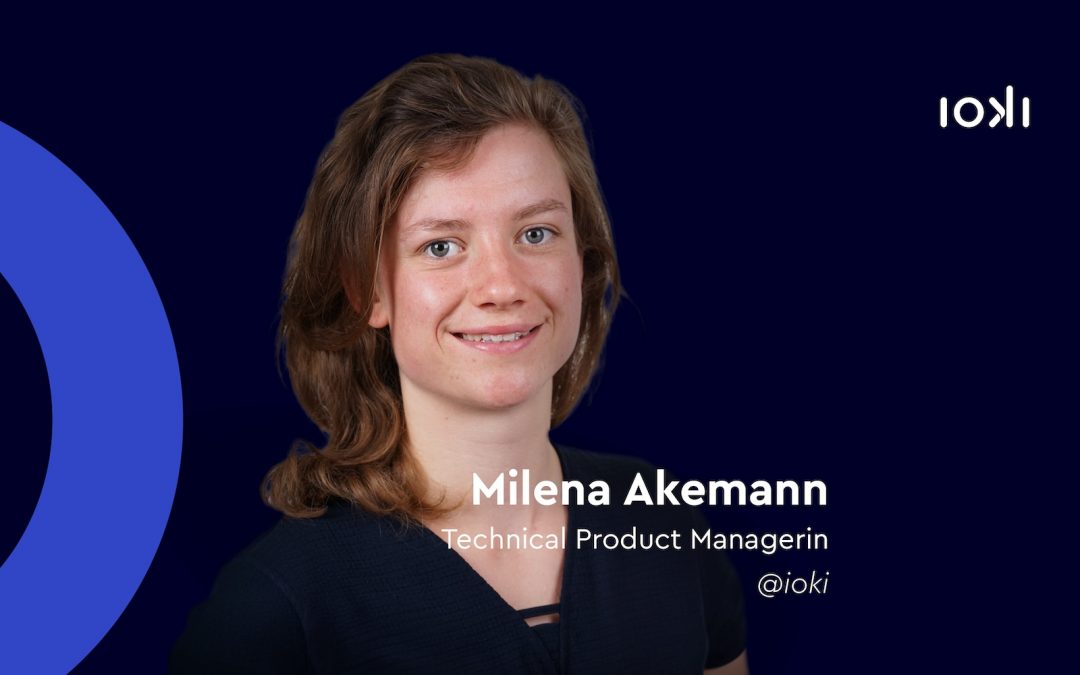
Perspectives from Milena Akemann
Milena works as a Technical Product Manager in the Mobility Analytics & Consulting team. She came to ioki through an internship after completing her maths degree. As a mathematician, she has a passion for anything related to optimisation and it was important to her to use her skills to shape the future. She then discovered the area of mobility through a seminar at university on mathematical transport planning.





















